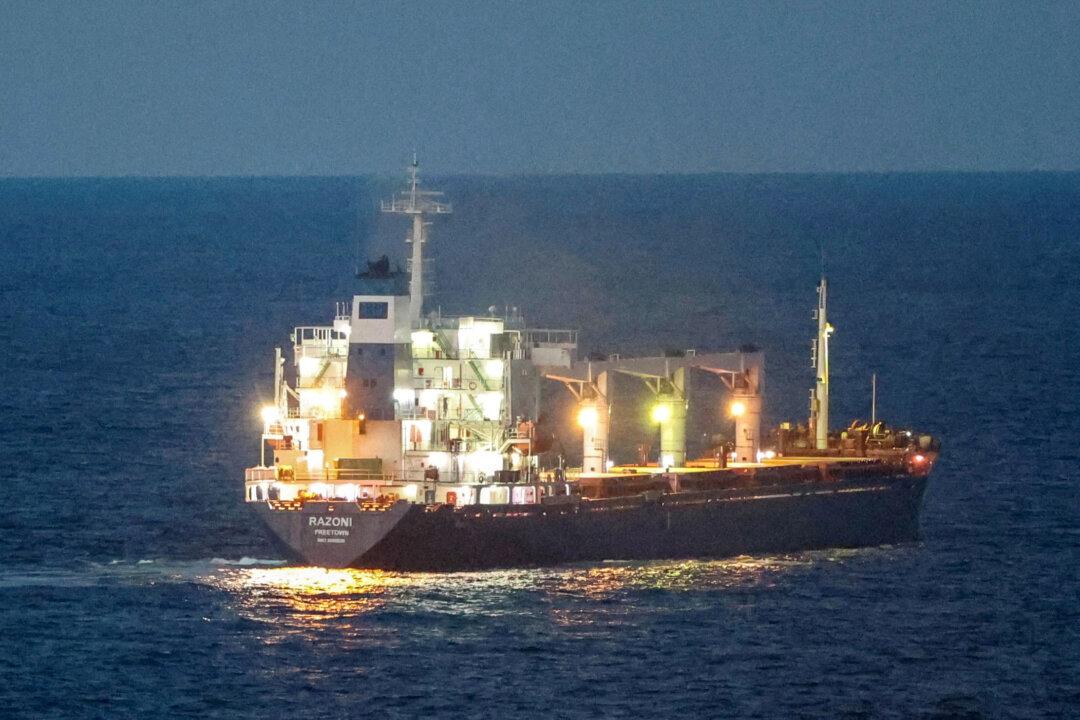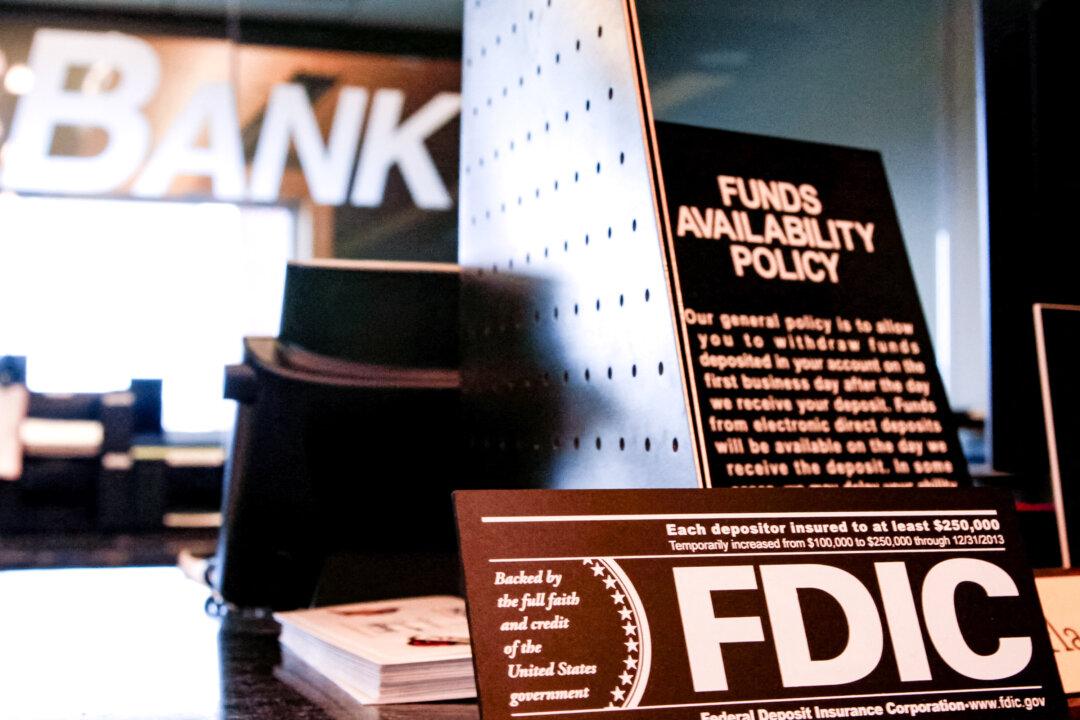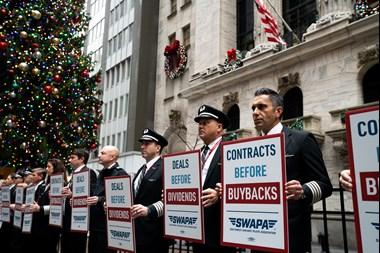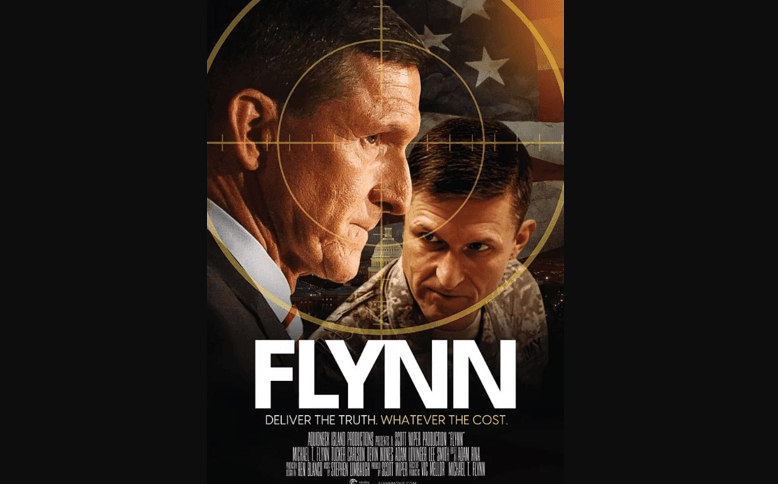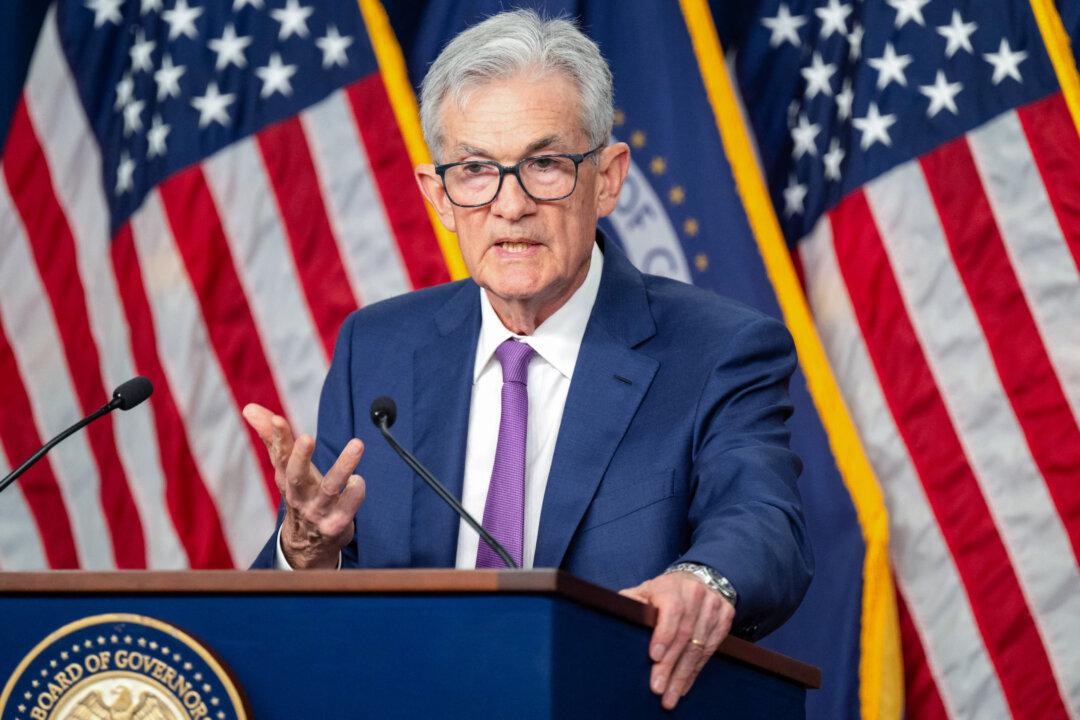Commentary
Russia miscalculated in expanding its war on Ukraine beyond the Russophile Eastern Ukraine and Crimea. The attack on Kyiv and western Ukraine unified NATO and impelled the United States to engage in a proxy war with Russia in Ukraine. In the months since, Ukraine—with American and allies’ arms and aid—has proven far more resilient than Russian President Vladimir Putin, or President Joe Biden, expected. But as that war drags on—though an argument could be made that it began in 2014, when Russia annexed Crimea—it now has the potential to go from a regional disaster to a global catastrophe of famine.
